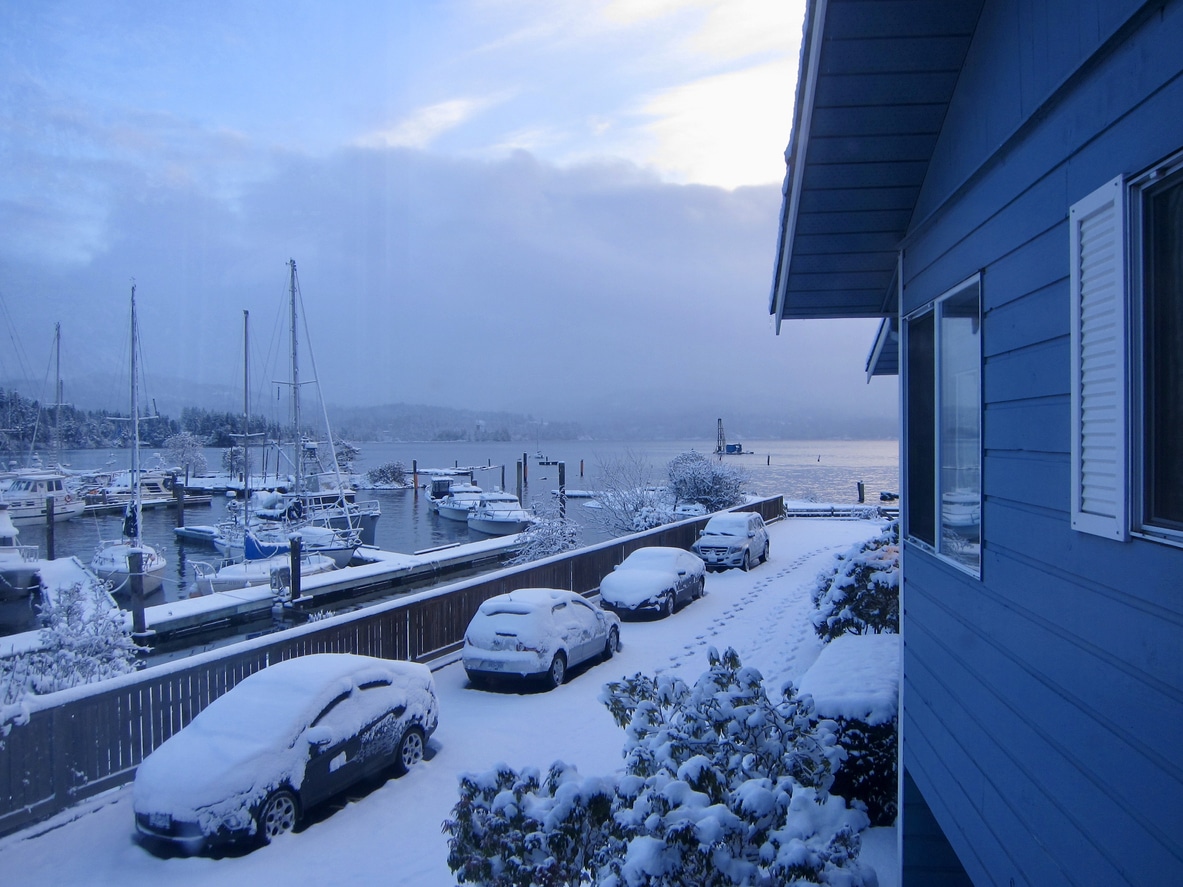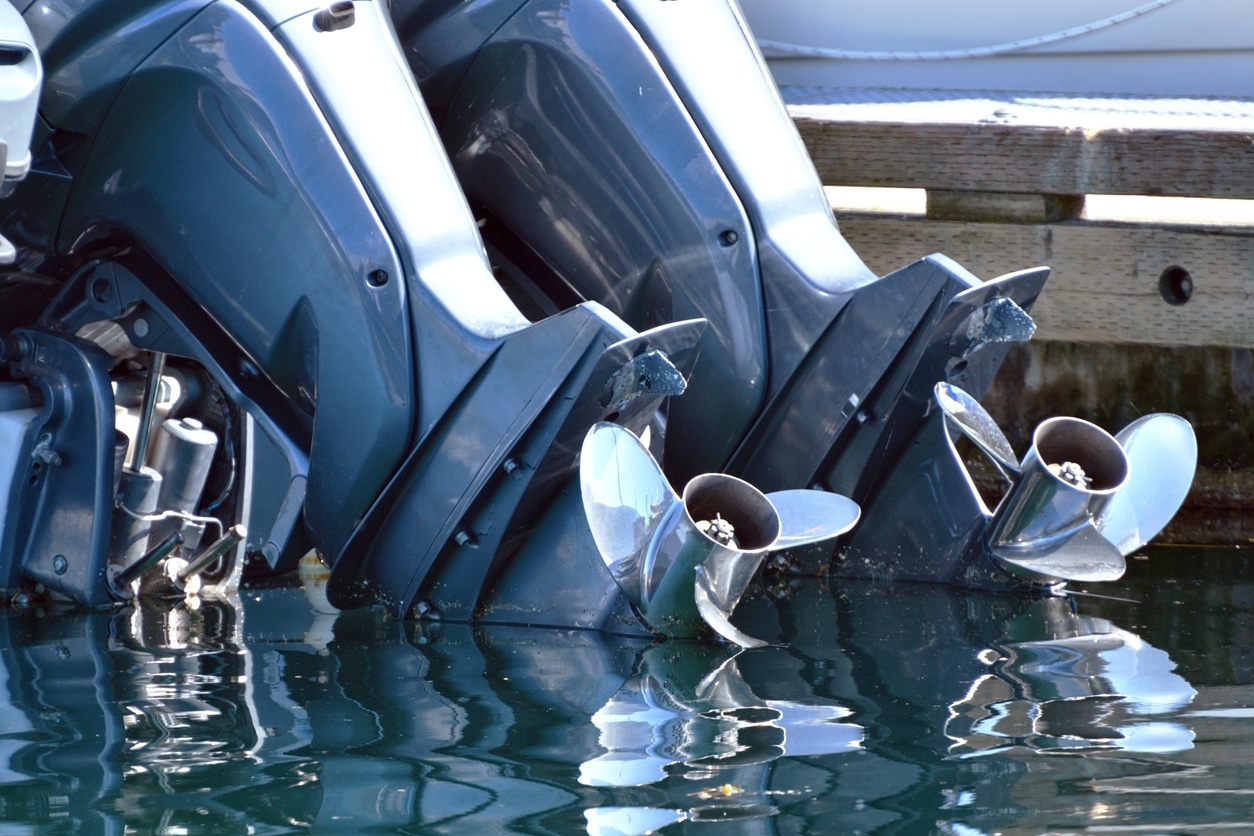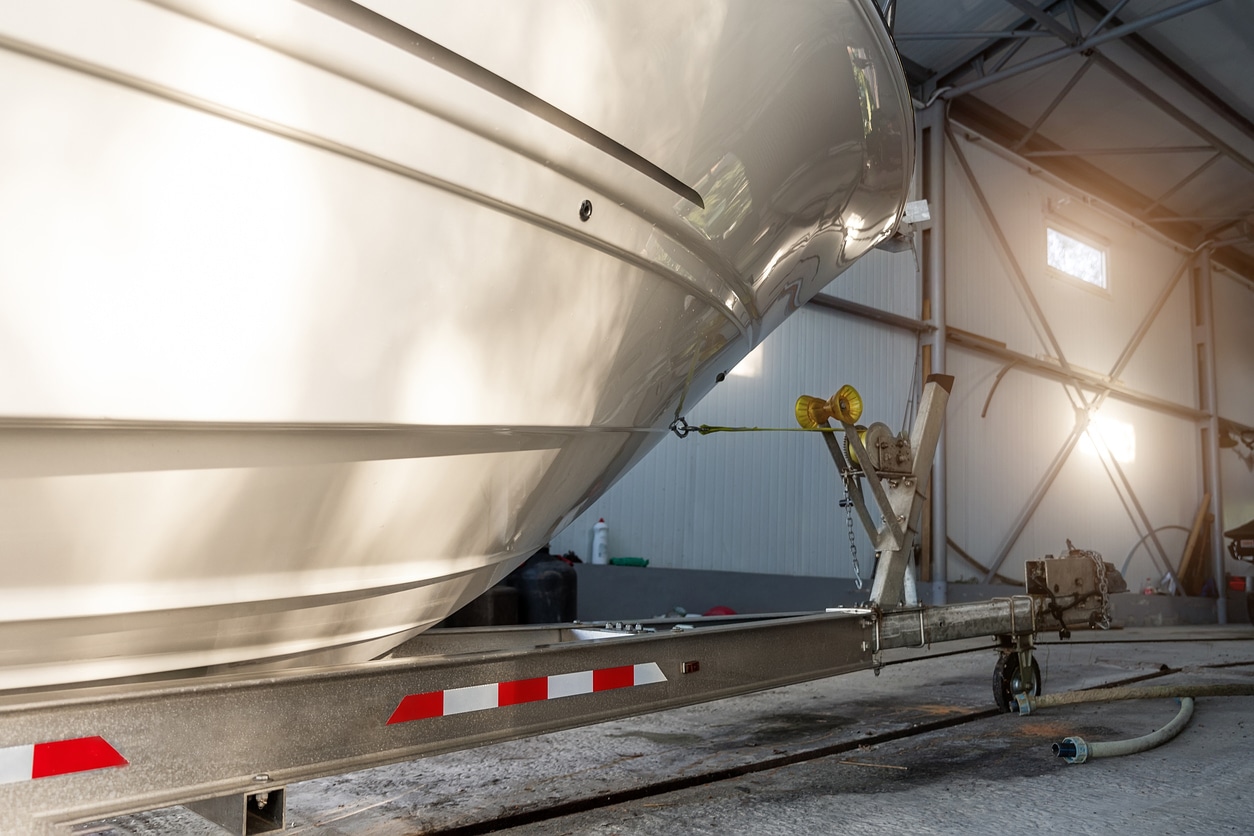Winterizing Your Boat: Is It For You?
For boaters, winterizing your boat can prevent costly repairs and keep more money in the fun budget. By winterizing your boat you can help ensure that when the first warm day of spring awakens, you and your boat are ready. Is winterizing for you? Follow along and see.
Is Winterizing For You?

Those who are immune from winterizing their boats live in the mildest of climates. During winter, if nighttime lows dip into the 30s, then you should winterize your boat. This includes areas prone to short-lived cold snaps that rebound to warmer temperatures. Mechanically inclined people may approach this as a DIY project although beware that winterizing the engine is only part of the job. Winterizing includes the entire boat and even the trailer. Missing just one step can have costly consequences so leaving the job to expert mechanics is always a good idea. Keep in mind that routine inspections and preventive maintenance can also uncover other problems you might not be able to see.
Why Winterize?

According to BoatUS most insurance claims are filed for cracks in the engine block or exhaust manifolds after water as left in the cooling system during a hard freeze. Too often the result is a complete engine replacement. All it takes is one night of cold weather and a little water inside the livewells, bilge pumps, engine water pumps, or water holding tanks and some serious damage can be done.
Moisture also builds up in the fuel tank. Ethanol absorbs water and forms condensation in the tank due to changes in the ambient temperature. This can cause more water problems where you might least expect them.
Add up all the above and you have more than enough financial motivation to have the boat winterized. The pay me now, pay me later cliché really speaks true at the dealership when those problems rack up. Even worse, you might not find out those problems exist until taking the boat to the water on the first glorious day of spring.
What You Can Do

If you are wondering where to start, follow the advice of your boat manual and dealership. A scheduled maintenance program may be available for your specific boat and location. The dealership can also help you decide how much winterization your boat needs based on where you live. If you are not able to store your boat in a climate controlled facility with a backup generator in case of power loss than keeping your boat out of the water in the next best option along side a garage. If you do have to keep your boat outdoors, keep it covered.
Conclusion
In many areas of the country, you’ll want to winterize a boat before freezing temperatures set in. Deciding on an option for boat storage is only the first step in preparing your pride and joy for its winter slumber. Even if you use your boat all winter long—a practice we most certainly endorse—there are some systems and items aboard that need some extra attention.








